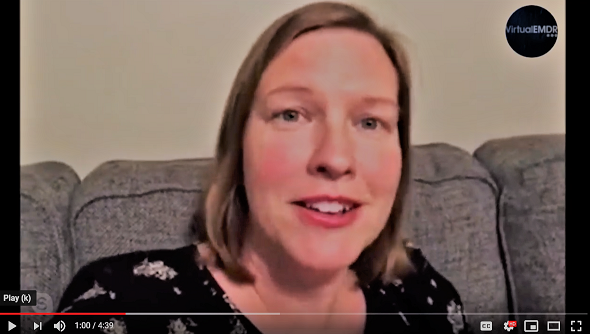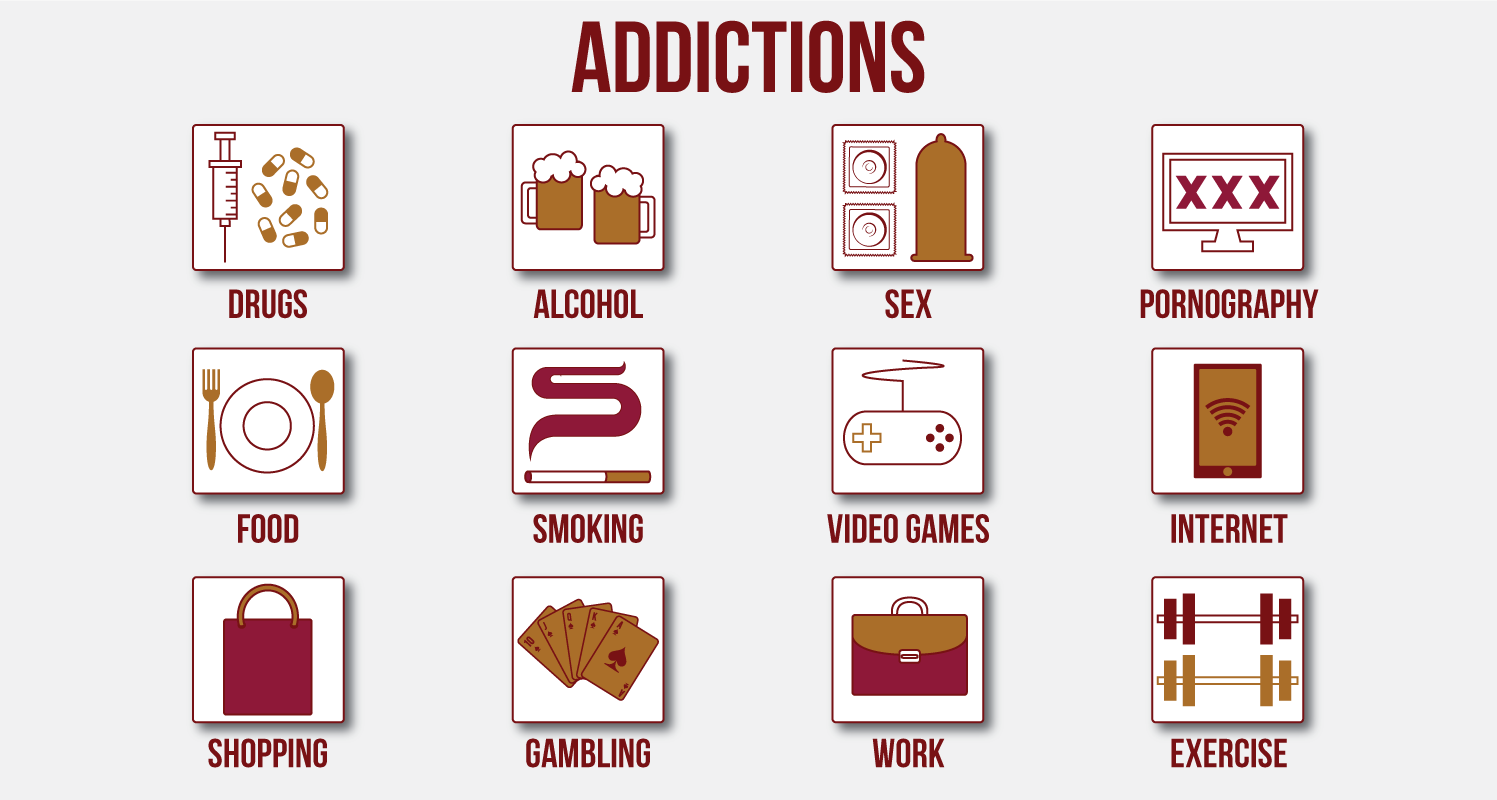VIRTUAL EMDR BLOG
Aftermath: Coping With Trauma and Grief After a Mass Shooting
Learn how EMDR can help reduce the emotional impact left behind by mass shootings
15 Apr 2021
![]() Tag: PTSD , Grief
Tag: PTSD , Grief

As the world re-emerged from widespread Covid-related lockdowns, the brief respite that we had enjoyed from mass shootings also quickly evaporated.
While the whole of 2020 saw just 2 mass shootings (defined as an event involving gun violence with four or more fatalities) in the US, in the space of just 2 weeks in March 2021, there were 3 reported shootings.
Atlanta, Georgia, Boulder, Colorado, and Orange County, California reluctantly joined the database of mass shooting locations. At the same time, 22 more names – of cherished sons, daughters, mothers, fathers, grandparents, friends, neighbors, loved ones - were added to the list of over 1,000 American lives lost in the past 3 decades.
For the survivors, families and communities, life will forever be segmented into “life before” and “life after” that fateful day. The trauma and loss will inevitably define and permanently change thousands of people.
Regardless of who or where, each tragedy leaves behind a sweeping aftermath of undescribable pain – emotional, physical, mental, spiritual.
Why mass shootings are particularly traumatic
Although mass shootings account for only a small fraction of gun deaths in the US, they are particularly traumatic and difficult to come to terms with. First, because they happen with little warning. Ordinary people who were going about our normal day – in schools, offices, grocery stores, malls, cinemas, concerts, parks – suddenly confronted with the unimaginable.
Second, because they can happen to anyone, with no discrimination across age, gender, race, socioeconomic background, postal code. No one can claim immunity. Whatever cloaks of safety and protection we thought we enjoyed, are revealed for what they are – an illusion.
"Mass shootings are more likely to trigger difficulties with beliefs that most of us have, including that we live in a just world and that if we make good decisions, we'll be safe," says psychology professor Laura Wilson, author of "The Wiley Handbook of the Psychology of Mass Shootings".
In other words, mass shootings are distressing not only because of the immediate threat to our lives and safety, but because they also shatter our assumptions about the world. Suddenly, we are forced to challenge and examine fundamental beliefs that we hold, such as:
“Bad things don’t happen to good people”
“Humanity is inherently good”
“I am safe. It won’t happen here”
“I can protect myself and my loved ones”
Unexpected trauma such as mass shootings throw into question these assumptions, leaving us unsure of what we can believe in anymore. Assumptions of safety, predictability, fairness, protection – on which we had made responsible decisions, such as where to live, how to raise our family, planning for the future, doing the right thing – laid bare in the millisecond it took to pull a trigger.
In the darkest moments of the aftermath, we even start to question if we can believe in ourselves. Were we just deceiving ourselves about feeling safe, protected, our ability to protect our children, our trust that the world is fair and predictable? And if we can’t trust ourselves, who can we trust?
“It’s like I was living in a bubble before. I really believed that things like that don’t happen here”, admitted Craig Adams, who narrowly escaped a recent shooting. “That day, the bubble burst. What (the gunman) stole from me was the confidence that I was doing the right things for me, for my family. I felt lost, angry, scared, guilty.”
The mental health aftermath of mass shootings
This unfamiliar internal dialogue forces many people to a dark – and often terrifying – place. This inevitably takes a toll on mental wellbeing.
The mental health impact on survivors is stark: The National Center for PTSD estimates that 28 percent of people who have witnessed a mass shooting develop post-traumatic stress disorder (PTSD), while 1 in 3 develop acute stress disorder. Many survivors also experience depression, anxiety, fear, anger, or prolonged grief.
In the absence of healthy ways to acknowledge and address what is happening, some turn to alcohol, medication, drugs, and other substances to numb the emotional pain.
Community’s role in healing
Fortunately, most communities come together to support survivors and families, both in the immediate days after a shooting, as well as months and years afterwards. Simply knowing that there is ongoing support available – even if these are not used – has been shown to be critical for survivors in regaining a sense of physical, psychological and emotional safety.
Unlike some individual traumas, such as sexual assault and domestic violence, where vicims often feel isolated and ashamed, shared tragedy in a community encourages social support and increased connection. The positive impact of this collective healing and grieving is immeasurable.
Nevertheless, at the end of the day, healing from trauma remains hugely personal. Everyone deals with the aftermath in his or her own way, with differing measures of grief, guilt, anxiety, fear, and other unwanted emotions.
Using EMDR to overcome the trauma
A form of trauma therapy that has been proven effective in addressing the emotional impact of mass shootings is Eye Movement Desensitization and Reprocessing (EMDR). Developed in the 1980s by psychologist Dr Francine Shapiro, EMDR has been extensively researched on PTSD patients including returning combat soldiers and abuse survivors.
Unlike other forms of treatment such as medication and talk therapy, which target surface-level symptoms, EMDR works on the root cause of the emotional pain: the traumatic memory and any associated disempowering beliefs.
Scientific research has shown that trauma interrupts normal brain functioning. Fearful of the danger, our reptilian brain automatically goes into fight-or-flight mode, diverting our attention to what is needed for immediate survival while shutting down non-essential functions. This includes our rational executive brain (neocortex), where memory processing usually takes place.
This results in “unprocessed” memories which remain trapped in the reptilian brain, along with any distorted beliefs that were created at the time. For example, someone who survived a mass shooting may carry around beliefs such as “I am not safe”, “I will never get over this”, or “I should have done more”.
EMDR empowers him or her to tackle these disempowering beliefs and replace them with desired empowering beliefs, by stimulating the natural memory-processing function that was interrupted during the trauma. (Side note: Scientists have discovered that memory processing is linked to rapid eye movement, hence the “eye movement” part of EMDR).
Successfully used by millions of people over the past three decades, EMDR is now widely accessible to everyone through online platforms such as Virtual EMDR. Developed and tested by EMDR practitioners, this online self-guided program offers the science-backed results of EMDR – along with the added benefits of anonymity, affordability, and instant availability.
“Thank you, Virtual EMDR, for making healing from trauma accessible (as it should be!). It took just minutes – and after that, I felt tingly, unburdened” – Kim Reck (Facebook)
LIMITED TIME OFFER: Use Promo code “HEALING10” for 10% off your first month of Virtual EMDR . Click here to start your free 3-day trial.
---
References:
1. Amy Novotney, What happens to the survivors?, American Psychological Association, September 2018, Vol 49, No. 8
2. US Mass Shootings 1982-2021 (retrieved 4/15/2021), Mother Jones
3. Melanie Greenberg PhD, Coping with the Psychological Trauma of a Mass Shooting, Psychology Today, 2 Oct 2017
Be the first to comment.









View Comments